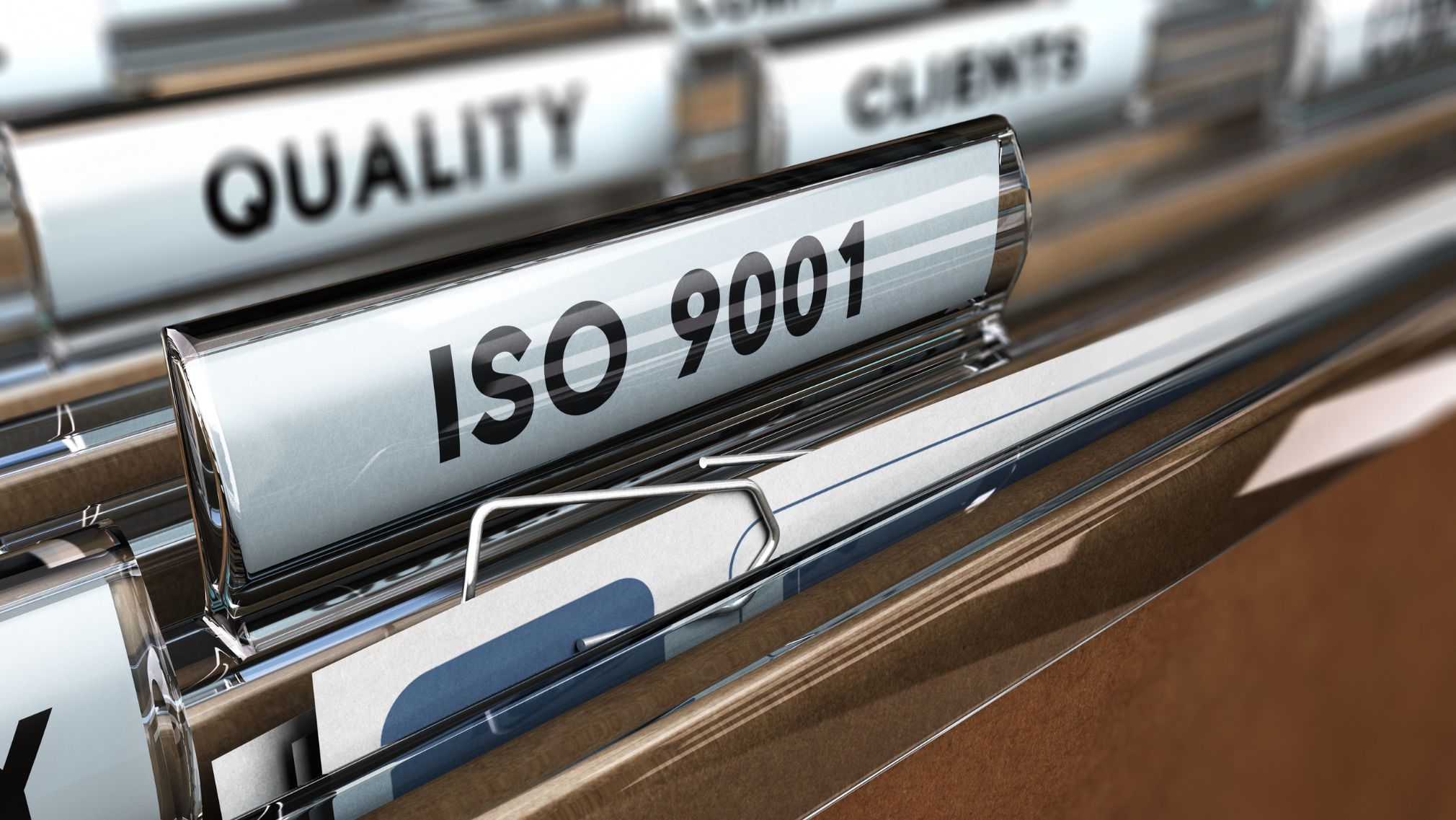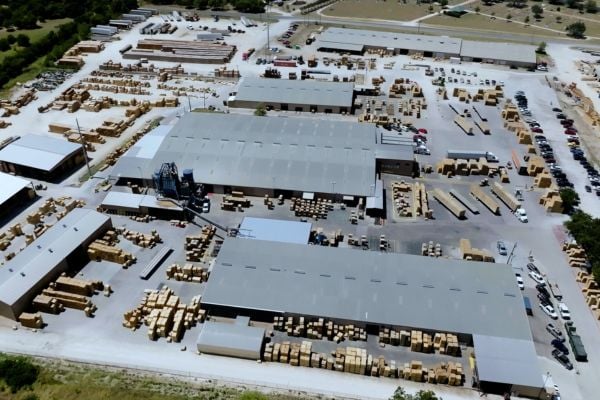6 Things to Consider When Choosing Your Packaging Supplier
When moving your products from point A to point B, product packaging plays a crucial role that often goes unnoticed. It involves more than just...
3 min read
UFP Packaging Updated on October 28, 2025

In the dynamic landscape of manufacturers, the pursuit of quality and continual improvement is a hallmark of success. In this article, we unravel the intricacies of ISO 9001, diving into its origins, its requirements, and the benefits it provides to organizations. As we navigate the fundamentals, we'll explore why ISO 9001 is not just a certification but a commitment to delivering unparalleled quality, fostering innovation, and ultimately gaining a competitive edge in the ever-evolving business landscape. Join us as we decode the significance of ISO 9001 and discover how it's shaping the future of quality management.

ISO 9001 is a quality management system that is globally recognized. It was developed by the International Organization for Standardization (ISO) in 1987. Since its introduction and publication, four revisions have been made to the standard. The latest revision and current version of the standard is from 2015. However, changes to the standard are expected in 2025.
This standard is the framework for organizations and manufacturers to ensure their products and services consistently meet customer and regulatory requirements. It also encourages entities to improve processes and overall performance. Essentially, ISO 9001 outlines what a quality management system or QMS should consist of. The standard lists the following as requirements:
Focus on nonconformity resolution, corrective actions, and continuous improvement to address issues and meet customer requirements consistently.
When organizations obtain ISO 9001 certification, it demonstrates to their customers and stakeholders that they are committed to continually improving their processes and providing a consistent product or service. This certification is required by many industries and government contracts because it demonstrates a specific level of quality needed. Implementing a QMS that follows ISO standards will enhance your operations, reputation, and customer satisfaction. It also allows you to access a brand-new customer base.
Your business will foster a culture of continuous improvement, leading to cost savings, production gains, sound quality control processes, and increased customer trust and satisfaction. Enhanced competitiveness, better risk management, increased efficiency, and improved customer satisfaction are all benefits of being ISO 9001 certified.
Anyone who wants to improve their processes and customer satisfaction should look to achieve ISO 9001 certification. While specific industries have their own QMS certifications, like ISO 13485 and ISO AS9100 for the medical device and aerospace industries, ISO 9001 can be achieved by companies of any size and in any industry.
While manufacturers are on the list of top five industries to strive for ISO 9001 certification, many pallet providers are not taking on this important initiative.
Note: ISO 13485 and ISO AS9100 are both based on ISO 9001, but each includes additional requirements for each industry.
To receive an ISO 9001 certification, organizations must implement a QMS that meets the requirements of ISO 9001. Once completed, they must complete an audit from a certification body. ISO does not conduct audits. Instead, a third-party certification body inspects your company on a local or regional level. This certification audit contains several stages, including:
The amount of time the certification audit takes depends on the headcount of the facility and can range from two days to five days.
At UFP Packaging, quality control is a top priority. Packaging is there to protect. That is why we strive for ISO 9001 certification at all locations -- to validate our quality commitments and practices. The certification has complemented our own continuous improvement plans by helping us create effective measuring systems for product, system, and business performance.

ISO 9001 certified UFP Packaging plant in Grandview, Texas
In 2023, we worked hard at the facility level to make progress with our goal. The following locations joined our Magna, Utah facility in becoming ISO 9001 certified:
Continuing this momentum, we recently certified our Kansas City, Missouri location and plan to certify many more in 2024.
For high-quality packaging, look no further than UFP Packaging. Visit our website here to discover our solutions, the industries we serve, and how to get in touch with us.
Want to receive all of the latest packaging news and insights?

When moving your products from point A to point B, product packaging plays a crucial role that often goes unnoticed. It involves more than just...

Many people use the terms interchangeably, but there is a significant difference between skids and pallets, and knowing the difference can ensure you...
.jpg)
What is ISPM-15 ISPM-15 is an acronym for International Standards for Phytosanitary Measures No. 15. This measure is a global regulation created by...